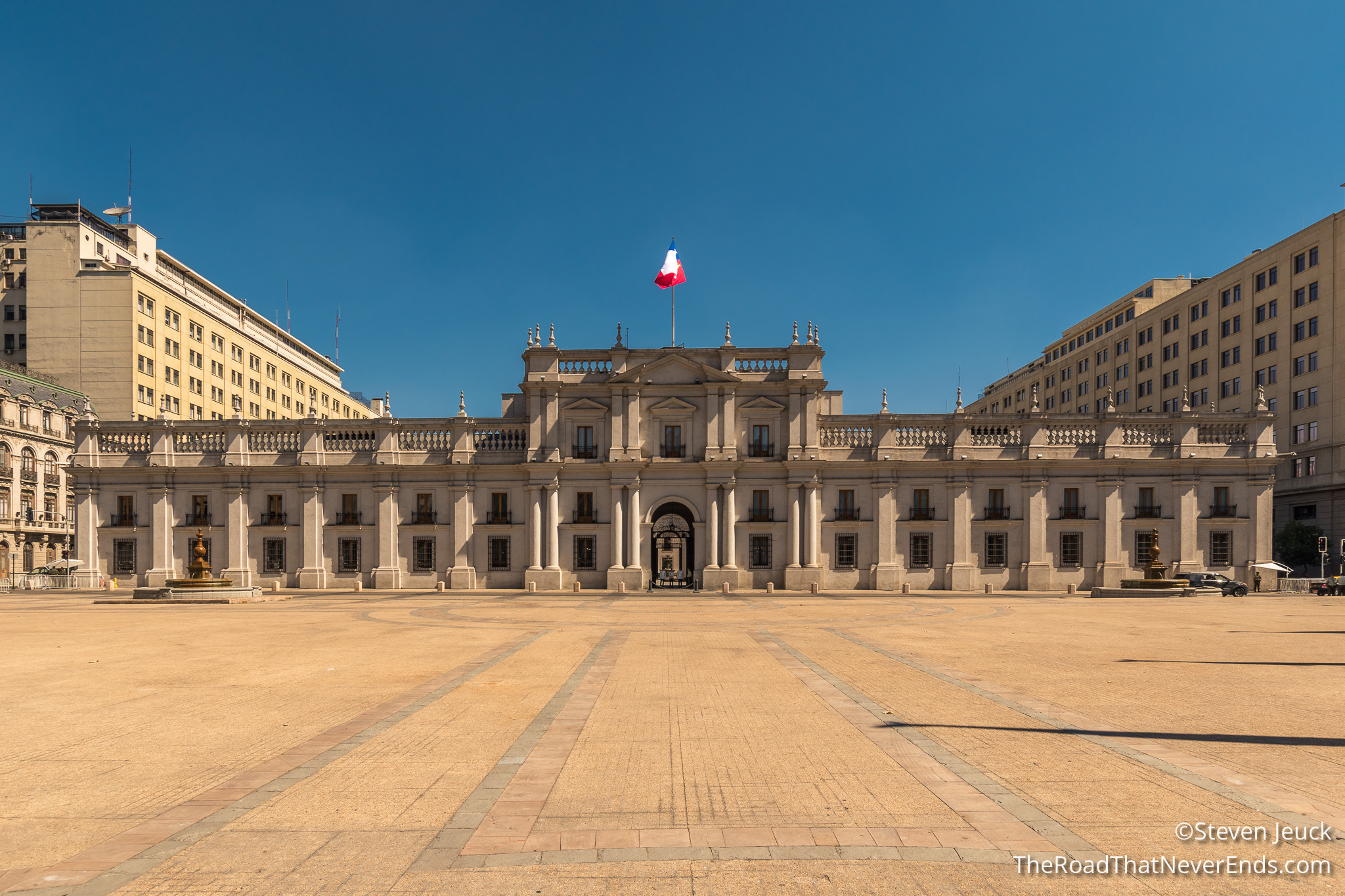RIO DE JANEIRO, BRAZIL – Chileans have voted four times in the last 12 months: They determined how the Constituent Assembly would operate and then elected its delegates and regional and municipal representatives.
Then came the primaries. And now, on November 21, the first round of presidential elections will take place. This week, the campaign began in a predictable polarization between the new left, led by 35-year-old MP Gabriel Boric, and right-winger Sebastian Sichel.
Read also: Check out our coverage on Chile
The first televised debate saw heated arguments between the candidates to succeed tycoon Sebastián Piñera.

Chileans pay respectful attention to polls. The latest poll by consulting firm Cadem shows Boric of the Apruebo Dignidad coalition with a 25% vote share. Sichel, a 44-year-old lawyer, is eight points behind. If this trend continues, they will battle for the presidency in the December 19 runoff.
Pinochetist José Antonio Kast comes in at 10% of the vote, followed closely by Yasna Provoste, heiress to Concertación Democrática, the center-left coalition that ruled for 20 years.
The other candidates, including right-wing populist Franco Parisi, Marco Enríquez-Ominami of the Progressive Party, and Eduardo Artés of an ultra-left faction, appear as bystanders in the eyes of society.
The hot phase of the election campaign will show how many Chileans will stay home on Election Day. In recent years, a culture of abstinence and doing nothing has emerged that was hardly questioned during the constituent process.
PANDEMIC IN THE BACKGROUND
The campaign has been shaped by the urgency of a pandemic that has caused about 35,000 deaths from Covid-19. To be sure, the economy is expected to grow 7% by 2021, making Chile one of the countries recovering fastest.
But the social wounds left by months of imprisonment have only fanned the flame of discontent in a society that in November 2019 was the protagonist of a protest that radically changed the political map.
The Constituent Assembly, in which the right does not have enough delegates to veto, results from this collective outburst.
The candidates’ bids attempt to accommodate the differing moods. Boric wants to become the youngest president in Chilean history and the enforcer of the changes that are to have their basis in the new Magna Carta, to be approved in another referendum next year.
Sichel, on the other hand, preaches a centrist path. For analysts, the possible strengthening of the ultra-right Kast party, which conjures up the specter of communism and Chile’s return to the days of Salvador Allende’s popular unity (1970-73), is still an unknown quantity.
Poverty in Chile is 11%, according to the latest measurements. Some experts consider this figure misleading, basing it on the wave of withdrawals of savings from pension funds managed by private companies.
Already, a quarter of the US$200 billion has been withdrawn from the system. These funds helped thousands of families alleviate their hardship, pay down debt, and revive the economy.
The pension fund administrators (AFP) were the “spoiled child” of the Pinochet regime and a gigantic capital accumulation machine. Congress is considering a fourth withdrawal of 10% of these savings. The future of the AFP will be one of the main issues of the election campaign.
CONSTITUENT ASSEMBLY
Another critical issue is the candidates’ relationship with a Constituent Assembly, which for weeks has been the subject of an intense smear campaign on social networks that, according to the Centro de Investigación Periodística (CIPER), has the characteristics of a “digital guerrilla.”
University professor Luis Cifuentes Seves claims that “a colossal campaign has been unleashed” based on “lies, fake news, and slander” aimed at undermining the legitimacy of the Assembly.
Part of this slander is directed against Elisa Loncón, the 58-year-old president of the Convention. She is a representative of the original Mapuche community and, according to Cifuentes Seves, has become an indigestible figure for “an official culture that has been plagued by racism and classism for centuries.”

